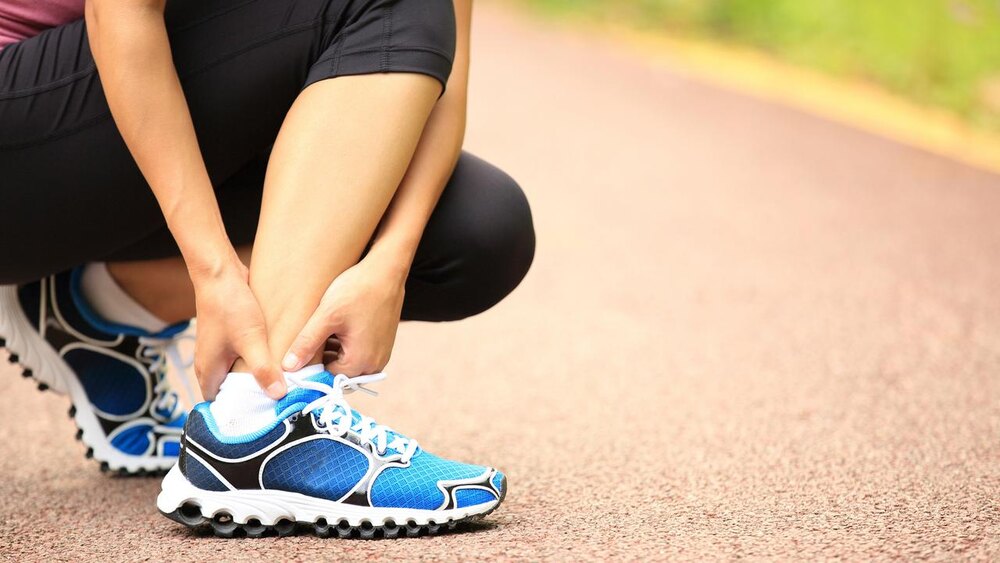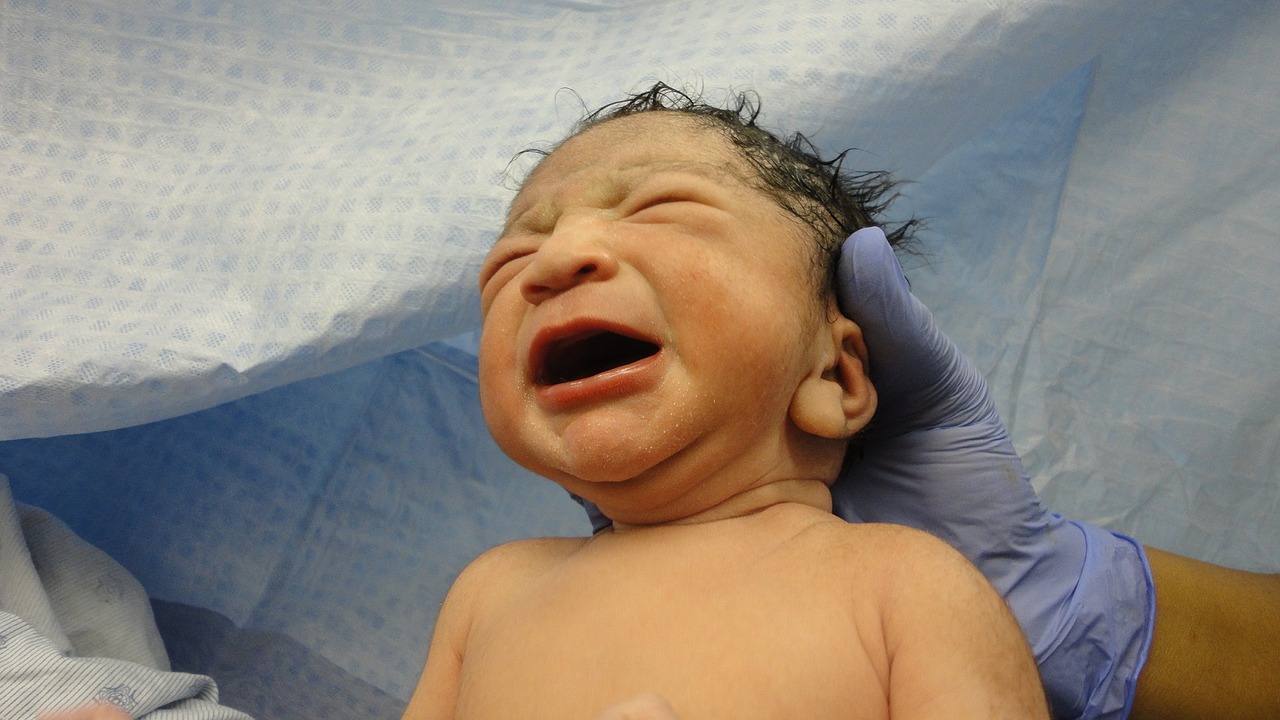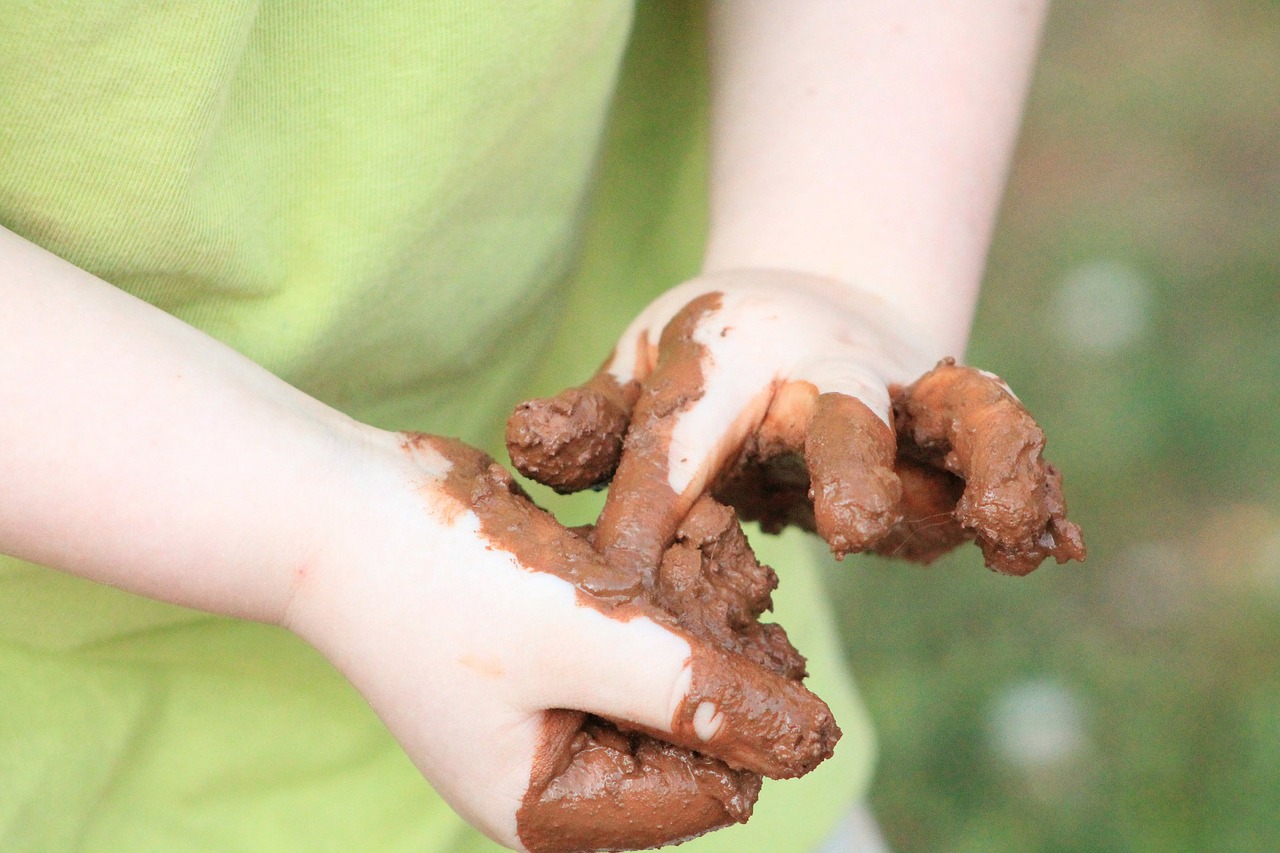
Achilles tendinitis is an overuse injury that causes swelling and irritation in the Achilles tendon, the strong band that connects the calf muscles to the heel bone. It often affects runners and middle-aged adults who occasionally play sports. If untreated, it can worsen and may lead to tendon tears.
Why does this disease occur?
Achilles tendinitis happens when the tendon becomes irritated or damaged due to repeated stress. Common causes include:
- Sudden increase in running distance or intensity
- Tight calf muscles exerting pressure on the tendon
- Age-related tendon weakening
- Poor warm-up or overuse during sports
- Running on hills or wearing worn-out shoes
What are the symptoms?
- Mild ache at the back of the leg or above the heel
- Morning stiffness or tenderness
- Pain that worsens with running, sprinting, or stair climbing
- Swelling or warmth around the tendon
Severe symptoms (may indicate rupture):
- Sudden, sharp pain in the heel or calf
- A popping sound
- Inability to walk normally
Who is at risk of this disease?
You may be at higher risk if you:
- Are male
- Are middle-aged or older
- Have flat feet or tight calf muscles
- Are overweight
- Run on uneven or hilly surfaces
- Wear worn-out shoes
- Have psoriasis or high blood pressure
- Take certain antibiotics such as fluoroquinolones
How is this disease diagnosed?
Doctors diagnose Achilles tendinitis through:
- Physical exam to check pain, swelling, and flexibility
- Ultrasound to view tendon movement and blood flow
- MRI if severe damage is suspected
- X-ray to rule out other conditions
What is the treatment?
Treatment depends on how severe the tendon injury is:
- Rest, ice, compression, and elevation (R.I.C.E.)
- Over-the-counter or prescription anti-inflammatory medicines
- Physical therapy, including stretching and strengthening exercises
- Orthotic heel lifts to reduce tendon strain
- Surgery in cases of tendon rupture or long-lasting symptoms
How can you take care at home?
- Rest your foot and avoid activities that increase pain
- Apply ice for 15 minutes after the activity
- Wear supportive shoes with good cushioning
- Stretch your calf muscles daily
- Strengthen your lower leg regularly
- Use compression wraps if swelling occurs
How can this disease be prevented?
- Increase exercise intensity slowly
- Warm up properly before physical activity
- Strengthen and stretch calf muscles daily
- Replace worn-out shoes
- Avoid running on very steep hills
- Alternate high-impact and low-impact activities
When should you see a doctor?
Seek medical help if you experience:
- Persistent heel or calf pain
- Stiffness that doesn’t improve
- Sudden severe pain or inability to walk
- A popping sound followed by sharp pain (possible rupture)
Frequently Asked Questions (FAQs)
Q1. Can Achilles tendinitis go away on its own?
Ans: Mild cases often improve with rest and home care, but the tendon must be monitored to prevent worsening.
Q2. How long does recovery take?
Ans: Depending upon severity, recovery may take a few weeks to several months.
Q3. Is Achilles tendinitis serious?
Ans: If ignored, it may be serious as it can lead to tendon rupture requiring surgery.
Important Note: This information is for awareness purposes only. Please consult a healthcare professional for medical advice, diagnosis, or treatment.









